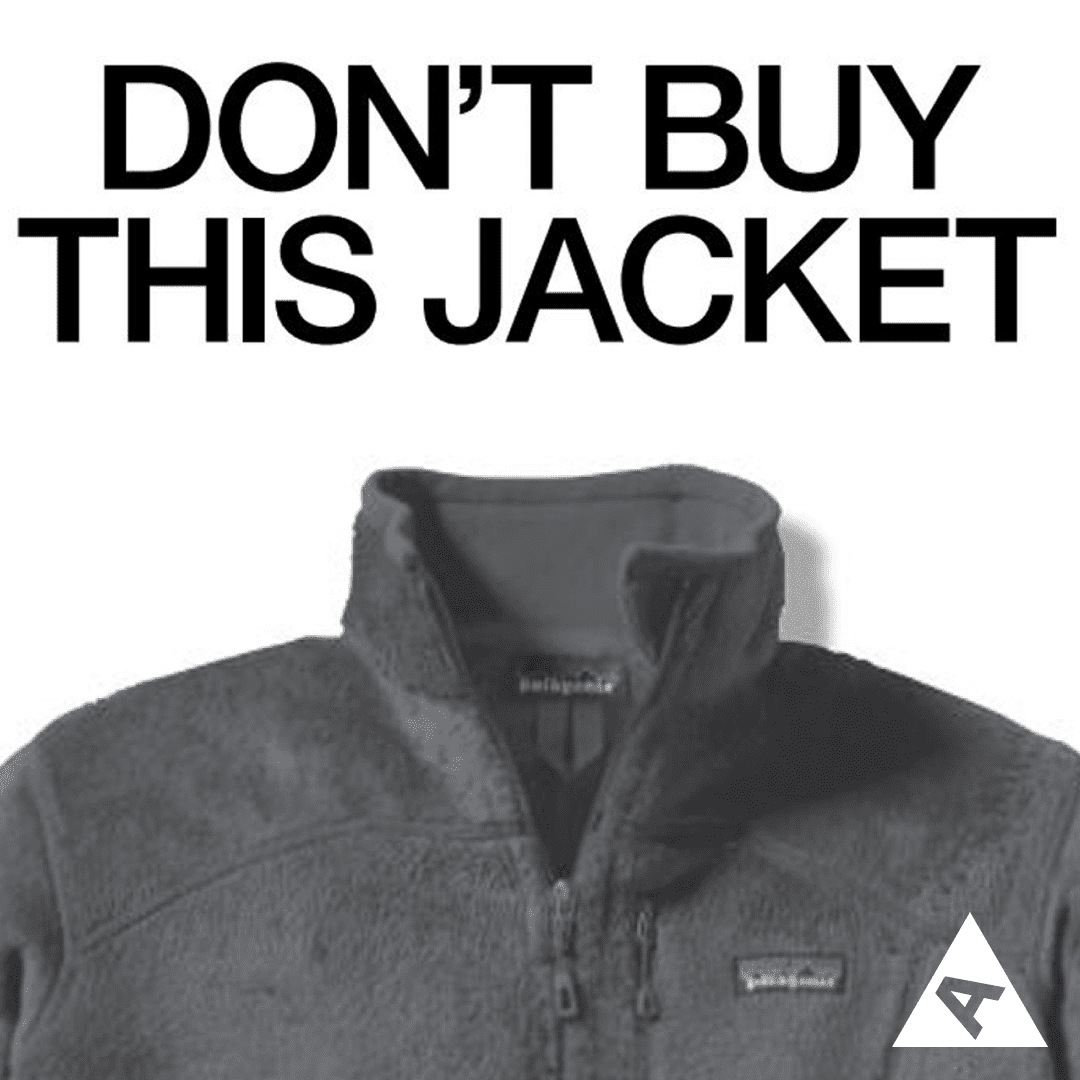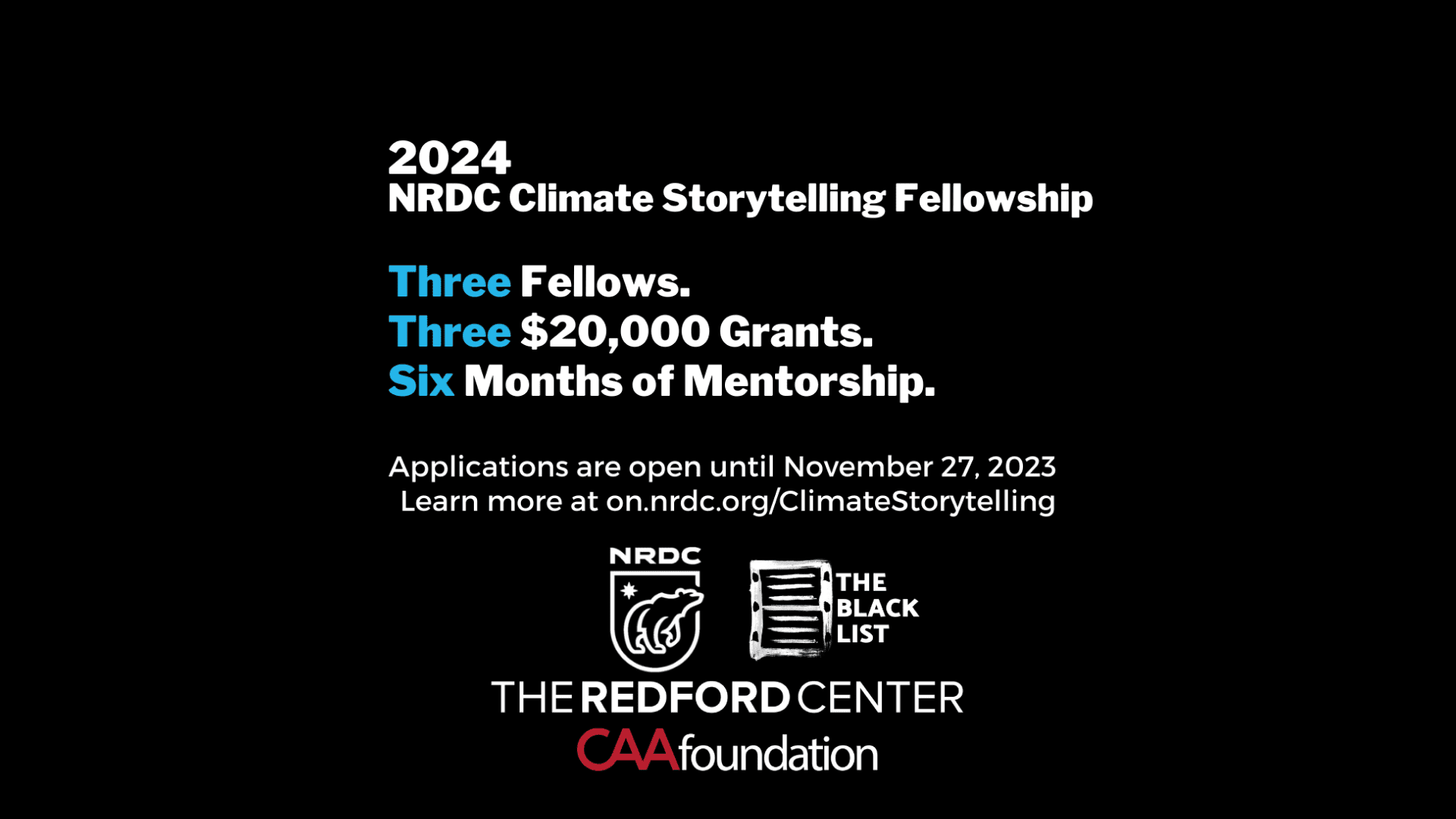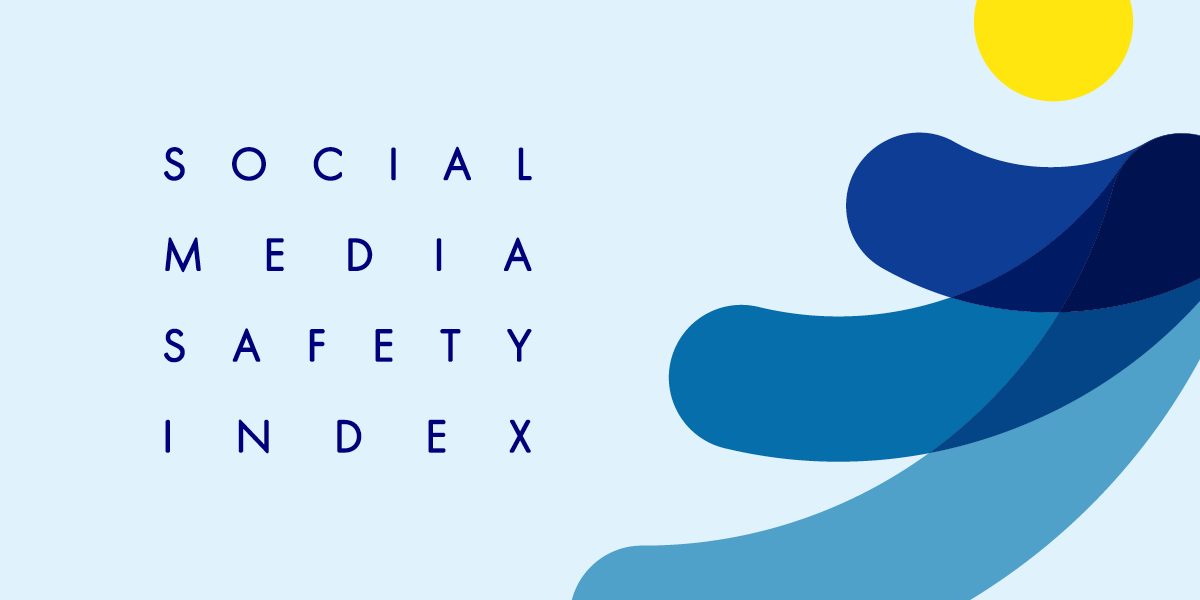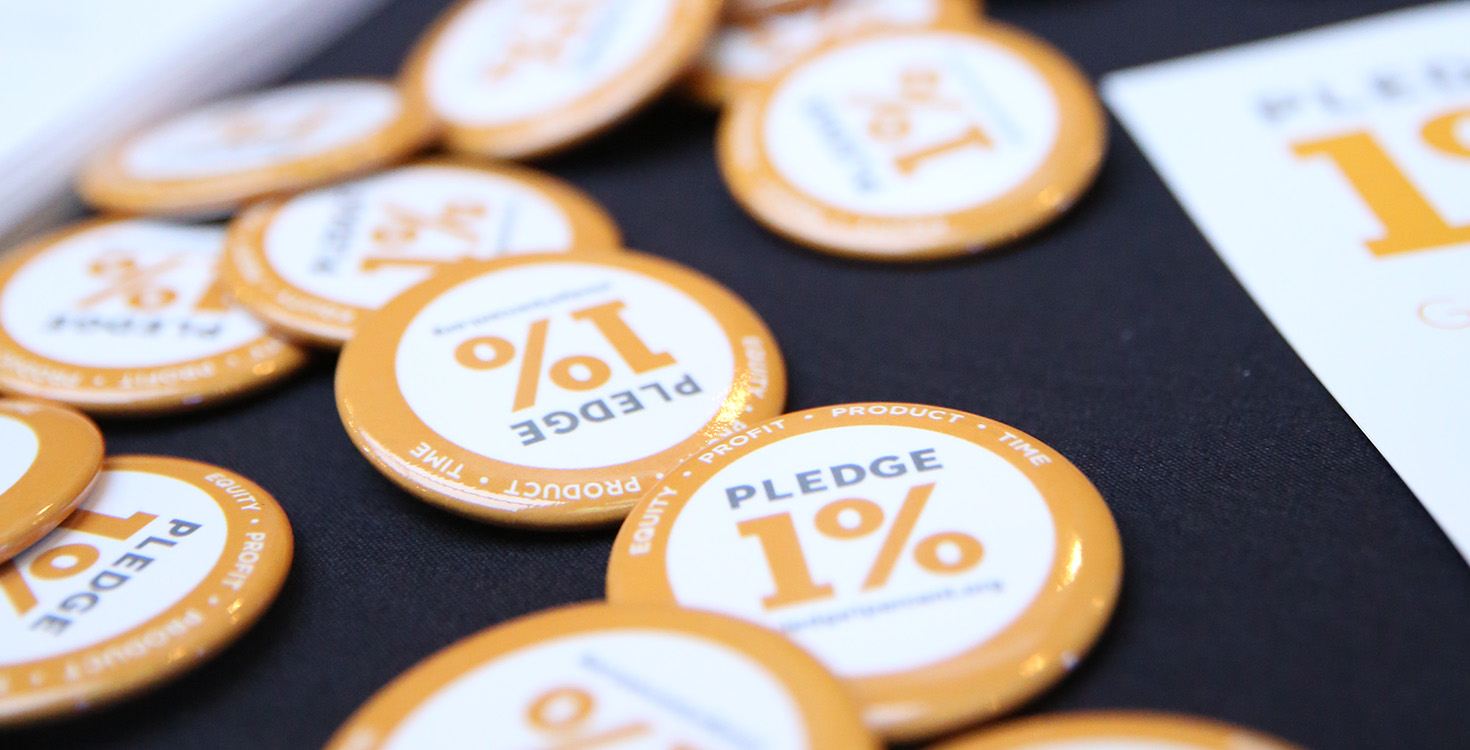What Fighting to Protect Biodiversity Looks Like Today
Founding Partner World Wildlife Fund has fought for and saved countless habitats and species of wildlife since 1961. With their 2022 Living Planet Report coming out in October, they sat down with us to talk a bit about their recent work and achievements, as well as how they’ve adapted to the worsening climate crisis in their advocacy work.
Cover photo by © naturepl.com / Denis-Huot / WWF
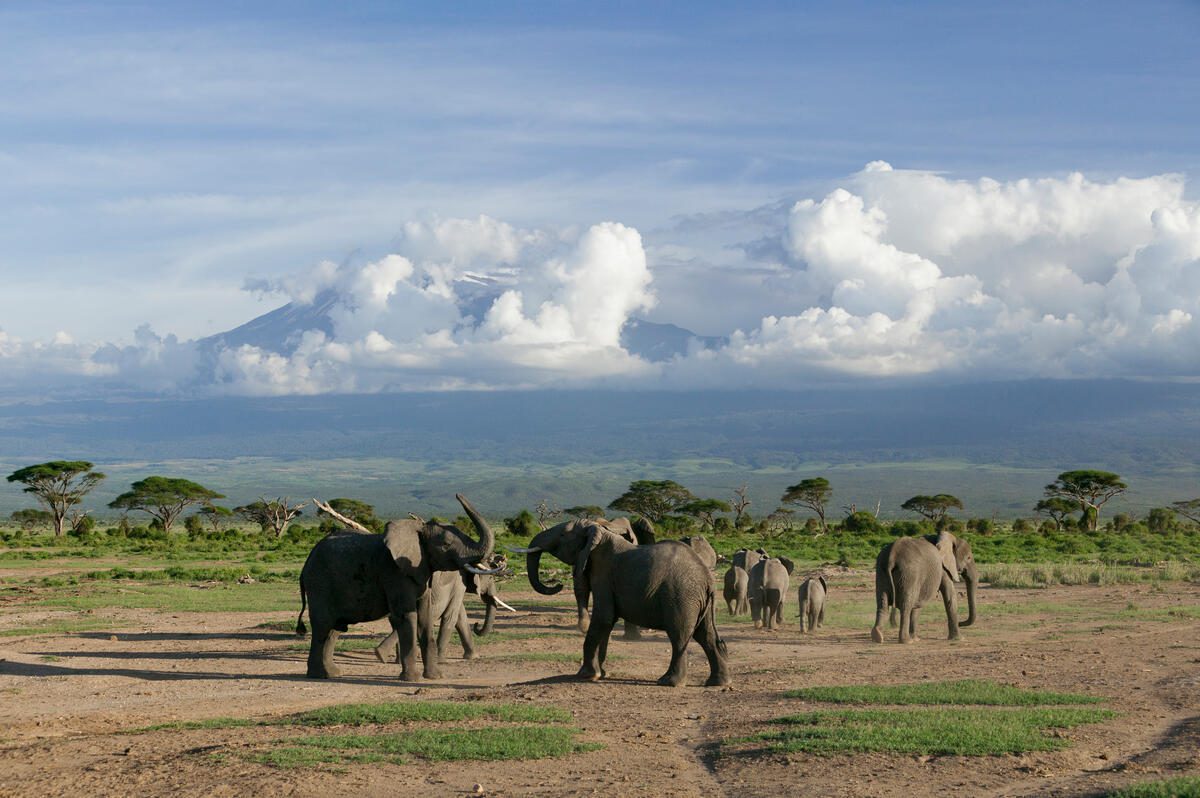
World Wildlife Fund (WWF) has long been at the forefront of fighting to conserve natural habitats and protect wildlife. Founded in 1961, WWF was started in reaction to the high level of destruction that natural habitats and wildlife were facing in East Africa in the 1960s. This massive loss in diversity stressed the importance of prioritizing biodiversity conservation work. Soon after, WWF was established in Switzerland. 61 years later, and WWF has become the global climate advocacy organization we now know and has been working unceasingly to achieve their mission of creating a world where humans are living harmoniously with nature.
WWF has always been purpose driven and has always prioritized social and environmental impact in their work. Because of this, they were one of the organizations that helped establish The Anthem Awards–and we’re proud to have them as one of our Foundational Partners.
We recently checked-in with them and discussed some of their most recent insights on living sustainably, protecting biodiversity and their latest achievements.
What role does the World Wildlife Fund play in global sustainability and nature preservation?
As the world’s leading conservation organization, World Wildlife Fund works across six continents to help build a future in which people live in harmony with nature. We carry out this mission by conserving and restoring biodiversity, reducing humanity’s environmental footprint and ensuring the sustainable use of natural resources. But we don’t do it alone– our 5 million supporters and our partnerships with local communities, companies and governments make this work possible. Learn more about our initiatives, which include conserving the world’s most ecologically valuable landscapes, transforming markets and policies towards sustainability and advocating for the rights of indigenous peoples.
What types of information can be found on your website to help further expand learning and knowledge of biodiversity?
Biodiversity, the intricate web that supports all life on Earth, is rapidly declining as humans consume more resources and release more greenhouse gasses into the atmosphere. In 2020, WWF’s Living Planet Report found that populations of mammals, fish, birds, reptiles and amphibians have decreased by 68% on average since 1970. This resource dives into the main drivers of biodiversity loss and how people can take action to reverse this trend. The website includes interactive elements to learn about specific regions and test your knowledge.
What are some of the biggest challenges that are encountered as an environmental organization?
Our climate system is changing at an unprecedented speed, which challenges us to work faster and in more innovative ways. We have to both mitigate climate change by reducing emissions and adapt to climate change by making our infrastructure, energy and food systems more resilient.
The scope of our work requires collaborating across sectors and countries, which means engaging a diverse set of stakeholders with various priorities. Balancing the interests of our partners in business, government and academia presents both a challenge and a great opportunity.
Can you list some simple ways we can be more sustainable in our homes and daily lives?
In order to prevent the worst consequences of climate change, we have to limit warming to 1.5ºC. This goal can seem daunting, but it is within our reach. Our environmental impact primarily comes from what we eat, what we buy, how we power our homes, and how we travel from place to place. Here are a few ways anyone can be more sustainable:
- An estimated one-third of all the food we produce goes to waste. Reduce your household’s food waste by eating leftovers and using items you already have in your pantry.
- Choose recycled and FSC-certified paper products to avoid contributing to deforestation.
- Consider installing solar panels, an electric stovetop or a heat pump system to minimize your home’s reliance on fossil fuels.
- Carpool, ride a bike, or take the bus. Alternative modes of transportation don’t just help us fight climate change, they also save money and reduce air pollution.
Your biennial report on the state of the planet is coming out in October. What are you hoping to achieve or communicate with this 2022 report?
The 2022 Living Planet Report will tell us how much the world’s biodiversity has increased or decreased since the previous report. This figure is based on measurements of over 32,000 populations of vertebrates from terrestrial, marine, and freshwater habitats. The report will also examine the regions where vertebrate populations are increasing or decreasing the fastest. In addition to detailing the greatest threats to biodiversity, the 2022 report will dive into the most effective ways we can halt nature loss and rebuild our relationship with the natural world.
Are there any positive updates in the natural world that you’d like to report on and its effects it has had on both a small and large scale?
Here are a few success stories that we’ve celebrated recently:
- In 2010, wild tigers were heading towards extinction with just 3,200 individuals left. But since then, tigers have made an astonishing comeback in several countries including India, Nepal, Bhutan, and Russia. Earlier this year, it was announced that the number of wild tigers in Nepal has nearly tripled!
- In 2020, WWF-US made our first impact investment with funding from the Jeremy and Hannelore Granthan Environmental Trust. We invested in a small company called Ocean Rainforest that operates a seaweed nursery, farm, and processing facility in the North Atlantic’s Faroe Islands. Seaweed is a fast-growing marine vegetable that absorbs carbon dioxide and serves as a nutritious food source–a win-win!
- The iconic monarch butterfly is threatened by climate change, pesticides, and deforestation, but the species showed signs of recovery during last year’s migration. Their population size rose by 35% between 2020 and 2021, which may indicate that they are adapting to climate change.
Find out more about WWF:
- Read our Q&A with Terry Macko, Senior Vice President Of Communications And Marketing, World Wildlife Fund, HERE
- Read our Q&A with Grace Lee, Senior Specialist, Activism And Outreach, World Wildlife Fund HERE
The Extended Entry Deadline for the 2nd Annual Anthem Awards is Friday, October 21st. Enter your work now!


